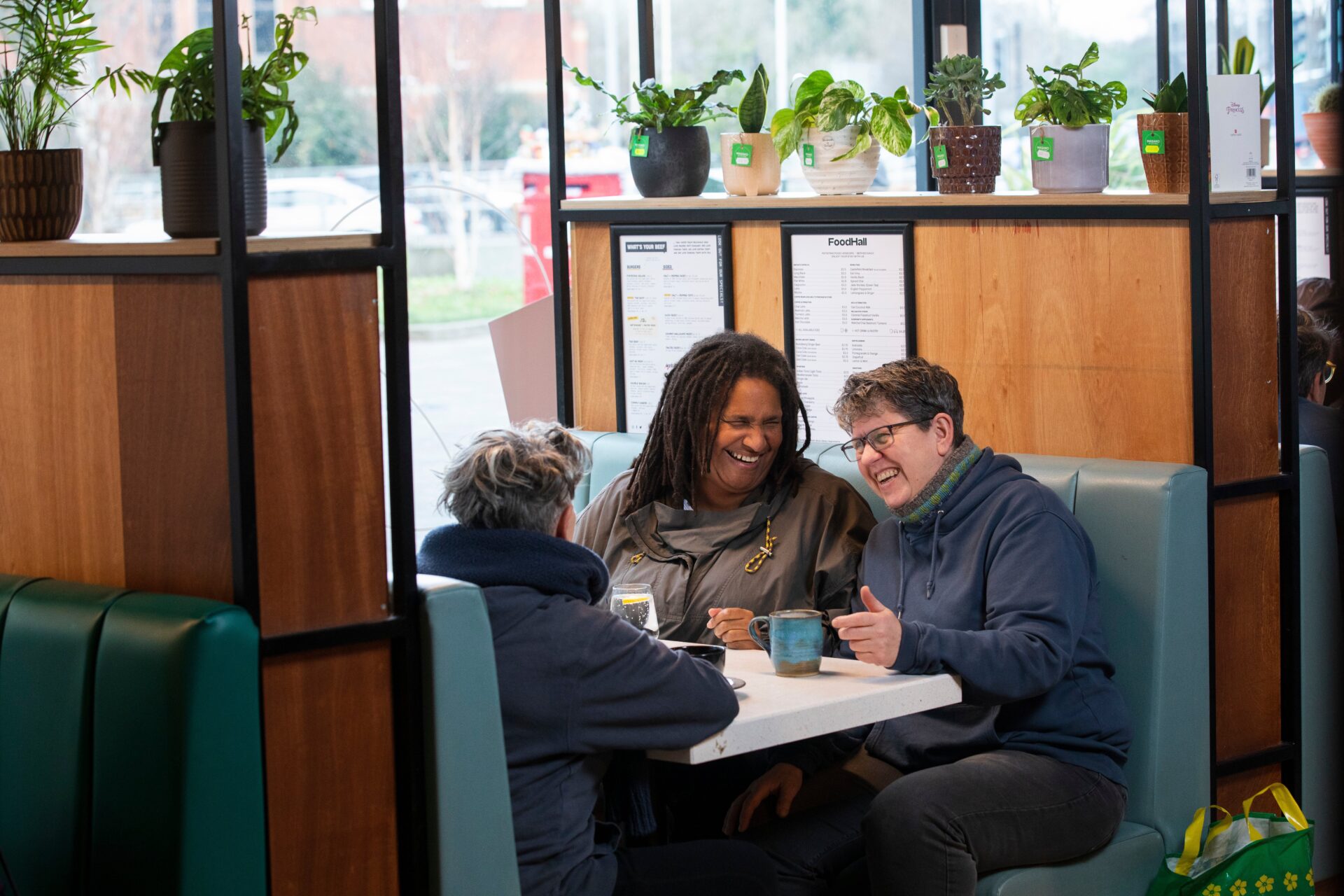
Want to start your own kinship peer support group? We can support you at every step with a dedicated Kinship staff member, resources and tips.
As a group leader, you are starting a group to bring kinship carers together. It’s important that everyone attending has choice and control with how they take part in the group.
Click on the link below to take you to the section you'd like to read:
It means that your members should be able to choose how they join in with your group. This means they can decide:
Whatever the situation, it’s important that they can choose what is right for them without feeling they’re wrong to do so.
Feedback is a tool to help improve your group. It means someone can share their thoughts or ideas on how to improve or develop the group.
Listen to Rachael from Kinship talk about how important feedback is in group, and that members feel they have a say in how things are run.
Duration: 1 min 25 secs
Here are some tools that can help you create an open space. Somewhere members feel valued and heard, receiving the support they need, in a way that works best for them:
Could you create a way to receive feedback about the group? This could be anonymous or in a way that doesn’t require talking with the whole group. Maybe a suggestion box that is available at every group. Or you make sure that you stay a little longer at the end of each meeting for members to have a one-to-one chat with you.
Maybe you could introduce some of the questions below as conversation starters occasionally to discuss in group. This would help develop a culture of group sharing and show everyone that their thoughts on how the group works are valued:
A group agreement is the foundation for developing trust and mutual respect in your group. Find out more about what this is and how you can create one with your group in Section 4B.
"We have an open group. You know, you don’t have to come every week or three strikes and you're out or anything like that. Group is there and it's there for as long as people need to come. And when they don't need to come in, they don't have to."
Sharon, kinship carer and support group leader

In this section we’ve looked at how group members can choose to attend group and how they should have the power to influence and make suggestions to strengthen it.
It’s worth noting though, that respect should be shown by everyone in group. As group leader, you show respect to everyone attending. And as group members everyone respects your role as group leader. The tools above can help you develop openness in the group in a way that is mutually respectful of everyone.
If someone is not respectful of the space (perhaps they share something outside of group, breaking a rule in the group agreement), then you as group leader will need to have that difficult conversation.
Sign up for emails to keep up to date with the information that’s important to you, from support and advice for kinship carers, to our latest news, events and campaigns.